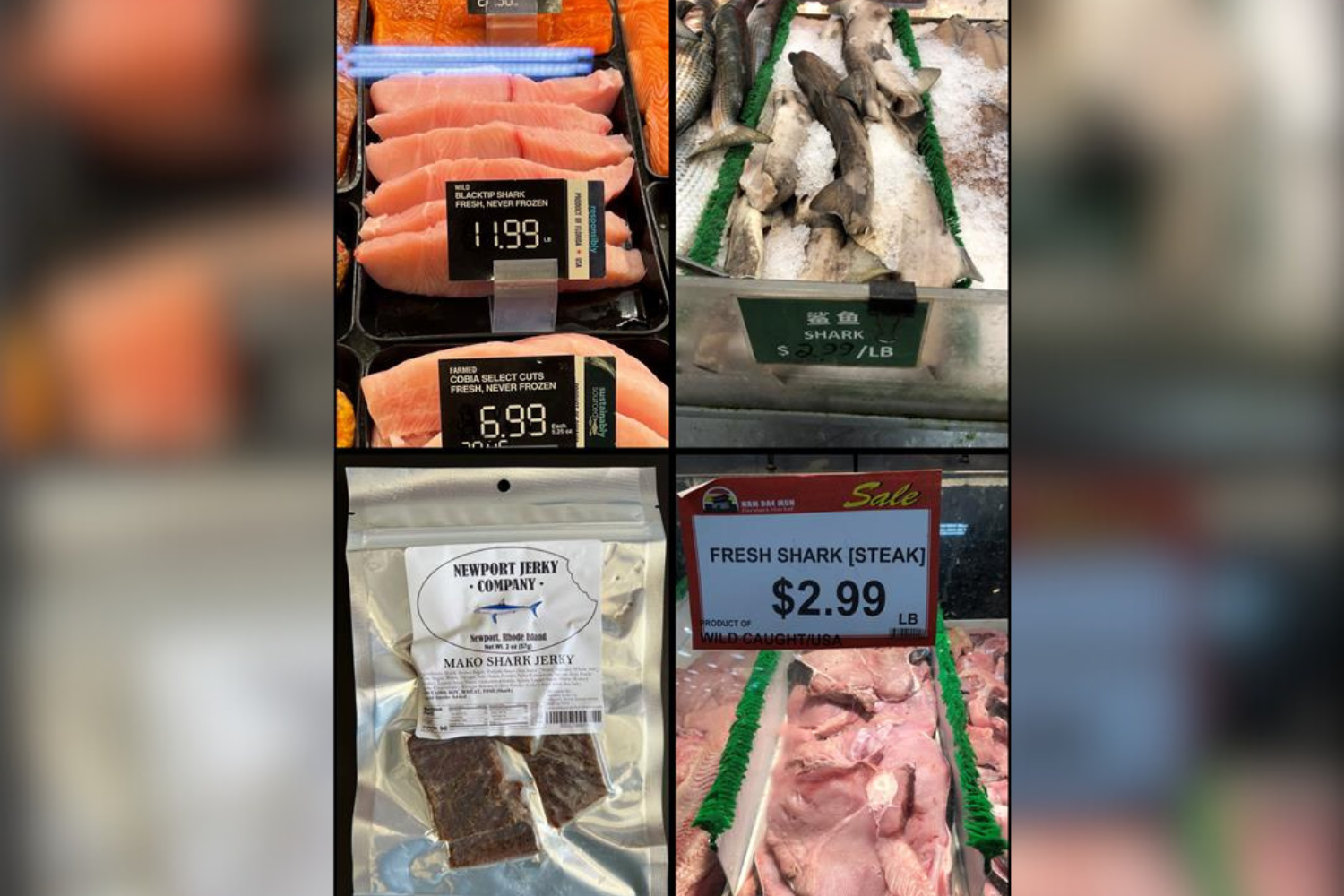URGENT UPDATE: Americans are unknowingly purchasing critically endangered shark meat in grocery stores and online, according to alarming new research from the University of North Carolina at Chapel Hill. The study, which analyzed 30 shark products bought across Washington, D.C., North Carolina, Florida, and Georgia in 2021 and 2022, reveals that nearly one-third of the samples came from species at risk of extinction, including the great hammerhead and shortfin mako.
Researchers employed DNA barcoding to expose widespread mislabeling in the shark meat market. Lead author Savannah J. Ryburn stated, “Of the 29 samples, 93 percent were ambiguously labeled as ‘shark,’ and only one had a correct species-level label.” This lack of transparency makes it nearly impossible for consumers to know what they are truly buying, raising serious public health concerns.
Some shark species, such as hammerheads, are known to contain dangerously high levels of mercury and other toxins, which pose risks of brain damage, cancer, and developmental issues in fetuses. Furthermore, shark jerky can fetch over $200 per kilogram, while fresh shark meat is available for as low as $6.56 per kilogram, creating a wide price discrepancy that complicates consumer choices.
Shark populations have plummeted by over 70 percent since the 1970s, primarily due to overfishing and habitat destruction. The International Union for the Conservation of Nature (IUCN) warns that more than a third of shark species now face extinction. While 74 shark species are protected under the Convention on International Trade in Endangered Species (CITES), enforcement is minimal, and once processed into fillets or jerky, visual identification becomes nearly impossible.
The report emphasizes the urgent need for stronger labeling regulations. “The legality of selling shark meat in the United States highly depends on where the shark was harvested and its species,” Ryburn explained. The authors advocate for mandatory species-level labeling to assist consumers and protect vulnerable shark populations.
“Consumers should avoid products lacking species-specific labeling,” Ryburn urged, emphasizing the importance of traceable sourcing. As this critical issue unfolds, consumers must remain vigilant about the shark products they purchase, ensuring they make informed choices that protect both their health and marine life.
Authorities and environmental groups are calling for immediate action to address the mislabeling crisis. The implications of this study are significant, highlighting a pressing need for public awareness and regulatory reform.
Stay tuned for more updates on this developing story.





































































